
Part 1 and part 2 help prospective buyers look beyond curb appeal and get down to some of the nitty gritty garden features that might become burdens in the future.
Earth Friendly Check List and Cost of Ownership
Unless you stay completely out of your garden and let the forces of nature take over, every garden has an effect on the environment and requires some level of effort and expense to keep it attractive and useful. Ask the seller what their care regimen has been. Have they depended on herbicides and pesticides to keep the bullies at bay or has the garden been managed with a lighter touch? What about water bills? If there’s a big lawn, how will you care for it? Are you okay owning and maintaining an arsenal of fossil-fuel-powered tools or hiring a lawn-care service?

Assuming the garden looks presentable, find out how it happens. Ask the seller to outline a year in the life of the garden – recurring chores, seasonal tasks, occasional big jobs.
Is the owner also the gardener or do they pay for a professional service? Are you willing to devote your spare time to the chores and pleasures or will you be writing a check to someone at the end of each month? Do you enjoy growing vegies, herbs and cut flowers? It’s not only recreational, but the dividends of knowing where each bite comes from is a recurring concern. So consider whether the yard you’re buying has the right sun, soil and amenities to make you a successful small-scale farmer.
The Lure of Mature Trees
Real estate agents will tell you that mature trees help sell a property. While that’s probably true, they also come with long-term and sometimes expensive responsibilities. Karen Christman, co-owner along with her husband Lou, of Arbor Services Inc., in Santa Barbara, offers some tips for home shoppers.

“Know the local ordinances,” she recommends. “Some communities and homeowner associations have regulations about what trees you can plant within the public right-of-way and setback areas. They can also control whether you’re allowed to cut down a tree in certain parts of your property.
Christman also suggests that you look for changes in the soil level around the base of a tree. “If there’s been any construction work or regrading of the garden, there’s a chance that too much soil has been placed over the root crown of the tree, which can kill it off quickly.”
She also recommends looking for discolored bark or sap oozing from the branches and trunk, a sign that harmful diseases might be present. “Also, check the upper branches for signs of topping,” which results in multiple, smaller diameter “water sprouts” that are at risk of falling years down the line.
“Your best bet before you buy,” she says, “is to bring a certified arborist in to inspect any trees you’re concerned about to do a tree risk assessment.” Although costs can vary from as little at $30 an hour to up to $100 (some certified arborists will visit for free), it’s money well spent to avoid bigger expenses down the line. (For more valuable advice about trees, visit treesaregood.com.)
Howdy Neighbor!
For those buying a big slice of property in rural areas, your neighbor’s house and garden aren’t much concern (unless they’re building a drag strip just over the fence). But in urban and suburban communities, it’s an inescapable fact of life. In new developments built on cleared lots, it’s hard to tell what will be growing next door – a perfectly placed tree that will make your dining terrace more comfortable in the summer or a seedling with a potentially Godzilla-like personality. (Once you get moved in, bake a batch of cookies, stir up a pitcher of lemonade and work out a mutually beneficial long-range property line landscaping strategy.)

In older neighborhoods, be aware that you could be affected by your neighbor’s attitude toward weed and varmint control, overhanging growth from mature trees, fire-wise landscaping, privacy and noise. And it cuts both ways: That seemingly well-behaved vine you’re considering to soften the “beauty” of a chain link fence will become a maintenance chore for the folks next door.
Overload?
Yes, I’ve dumped a lot of stuff on you, not so much to take the wind out of your sails, but to fine-tune your radar before you drop your hard-earned bankroll into escrow. Not everything I’ve discussed will apply to every lot, but if I can save you a bit anguish down the line, I’ve done my job. And if you have any stories — good or nightmarish — please share with other readers who can learn from your experience.

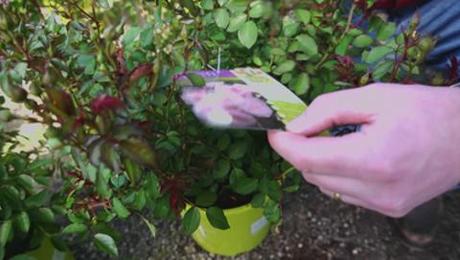
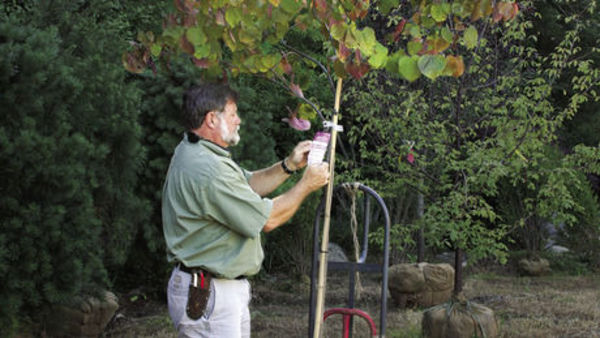
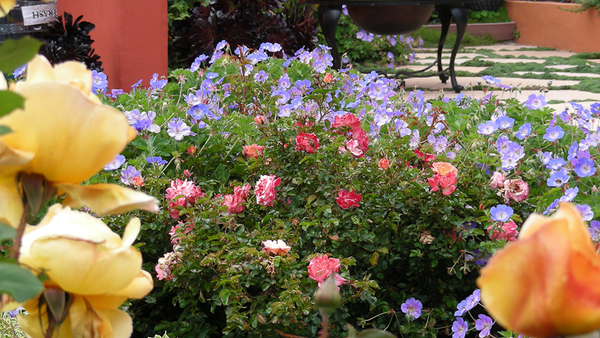

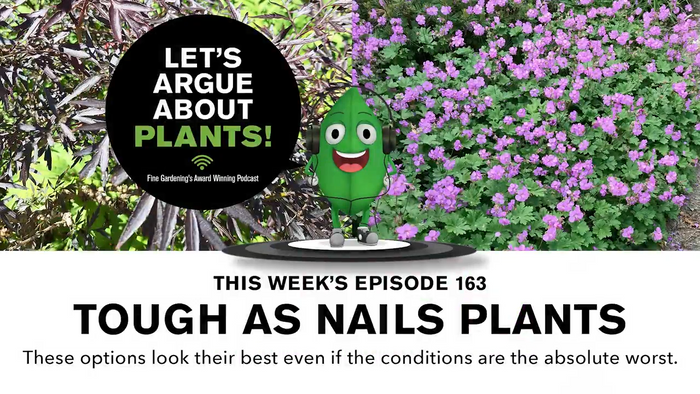

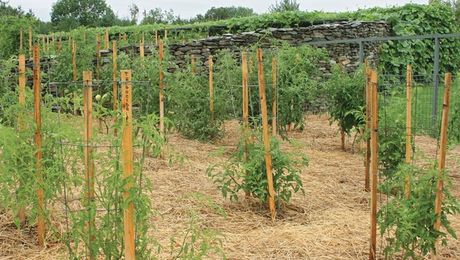









Comments
Log in or create an account to post a comment.
Sign up Log in